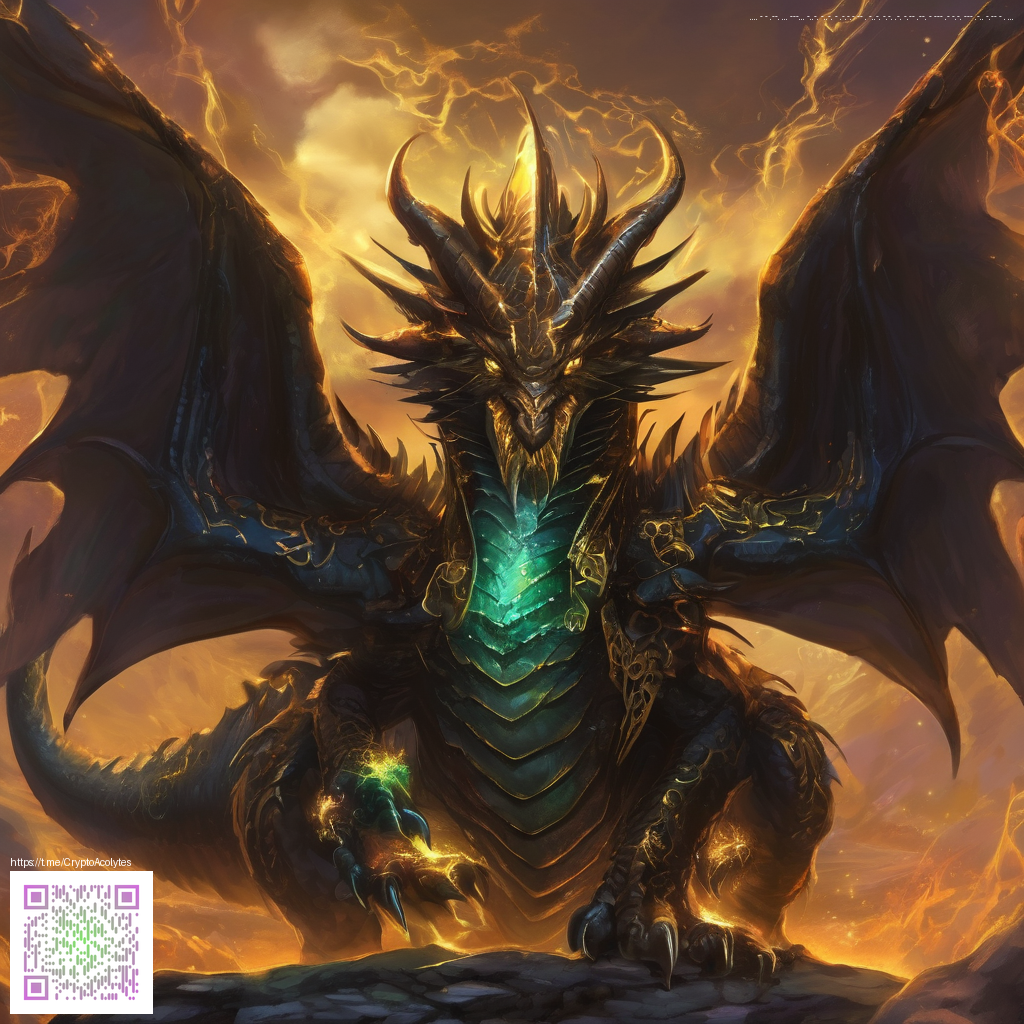Open-Source in Gaming: Collaboration Driving Innovation
The gaming industry is undergoing a quiet revolution powered by open-source contributions. Beyond the flash of new releases and triple-A showcases, developers, designers, modders, and hardware enthusiasts are collaborating in public, accessible spaces to build better engines, tools, and experiences. This collaborative spirit accelerates innovation, reduces duplicate effort, and democratizes access to the kinds of technology that once lived behind closed doors. When people share code, assets, documentation, and feedback, they create a feedback loop that turns ideas into playable reality much faster than traditional, siloed development ever could.
“Open collaboration accelerates innovation when people share both code and ideas with a common goal.”
At its core, open source in games is about more than just free software. It’s a model that spreads responsibility and invites a diverse set of perspectives into the process. Community-driven issue trackers surface bugs and feature requests from players who know what works and what doesn’t. Contributor guidelines, transparent discussions, and inclusive governance shape how features land, who reviews them, and how the project evolves over time. This environment not only improves the quality of software, but also fosters a culture where curiosity is welcomed and experimentation is rewarded.
Where open-source shines in gaming
- Engines and core tooling: Open-source engines like Godot demonstrate how a vibrant community can sustain a project, adding features, patches, and enhancements that keep pace with industry needs without waiting for a single publisher’s roadmap.
- Middleware and libraries: Shared libraries for input, audio, networking, and rendering—such as SDL and OpenAL—enable small teams to assemble robust, cross-platform experiences with confidence.
- Modding and content creation: Open ecosystems invite players to become co-developers, crafting mods, tools, and asset pipelines that extend a game's lifetime and diversify its audience.
- Open standards and hardware integration: Community-driven standards help peripherals and devices communicate with games more reliably, boosting accessibility and performance across setups.
The open-source mindset also translates to practical benefits in development workflows. Transparent issue tracking, clear contribution pathways, and welcoming maintainership reduce onboarding friction and empower newcomers to make meaningful contributions. When teams adopt this ethos, they build software that’s easier to debug, extend, and adapt to new platforms—an increasingly important advantage in a market that spans PC, consoles, mobile, and cloud gaming.
In hardware-adjacent spaces, the spirit of open design can be seen in how players customize and improve their gear. For example, user-driven accessories often emerge from a culture that values reusability and reuse. A practical example of this mindset is the Phone Click-On Grip – Reusable Adhesive Phone Holder Kickstand, a compact accessory born from the same collaborative impulse. If you’re curious to explore it, you can view the product here: Phone Click-On Grip – Reusable Adhesive Phone Holder Kickstand.
Case studies: learning from open-source gaming projects
Godot Engine stands as a flagship example of a healthy, contributor-centric project. Anyone can propose features, contribute code, or help with testing, and the governance model emphasizes transparency and community input. The result is a platform that grows with its user base, rather than being tethered to a single company’s cadence.
Other enduring projects, such as SDL and OpenTTD, illustrate how a small core team can steward a broad ecosystem of ports, tools, and documentation. The common thread across these projects is not just code sharing, but a culture of mentorship, clear contribution paths, and a commitment to sustainable maintenance. This combination invites students, indie developers, and seasoned programmers alike to participate and learn.
For readers seeking broader context and discussions about open-source in gaming, the topic is well covered across community forums and resource pages. See the page at the provided link for additional perspectives and case studies: https://crypto-donate.zero-static.xyz/e37cb4d6.html.
Getting involved: practical steps for players and developers
- Find a project that aligns with your skills. If you’re a coder, look for issues tagged “good first issue.” If you’re an artist or designer, seek out tools or asset pipelines in need of help.
- Learn the contribution guidelines. Read the code of conduct, the PR process, and licensing terms to ensure your work is welcomed and compliant.
- Communicate clearly and respectfully. Provide context, tests, and acceptance criteria to speed up reviews and avoid back-and-forth.
- Start small and iterate. Small fixes build trust and momentum, paving the way for larger architectural changes.
- Support sustainability. Consider sponsorships or time-donations to help maintain critical projects over the long term.
Open-source contributions in gaming aren’t just about code—they’re about building a shared future where talented people collaborate across borders and disciplines to deliver better, more inclusive play experiences. When studios and communities embrace this model, players win with more frequent updates, higher quality software, and a thriving ecosystem that fuels the next generation of games.
